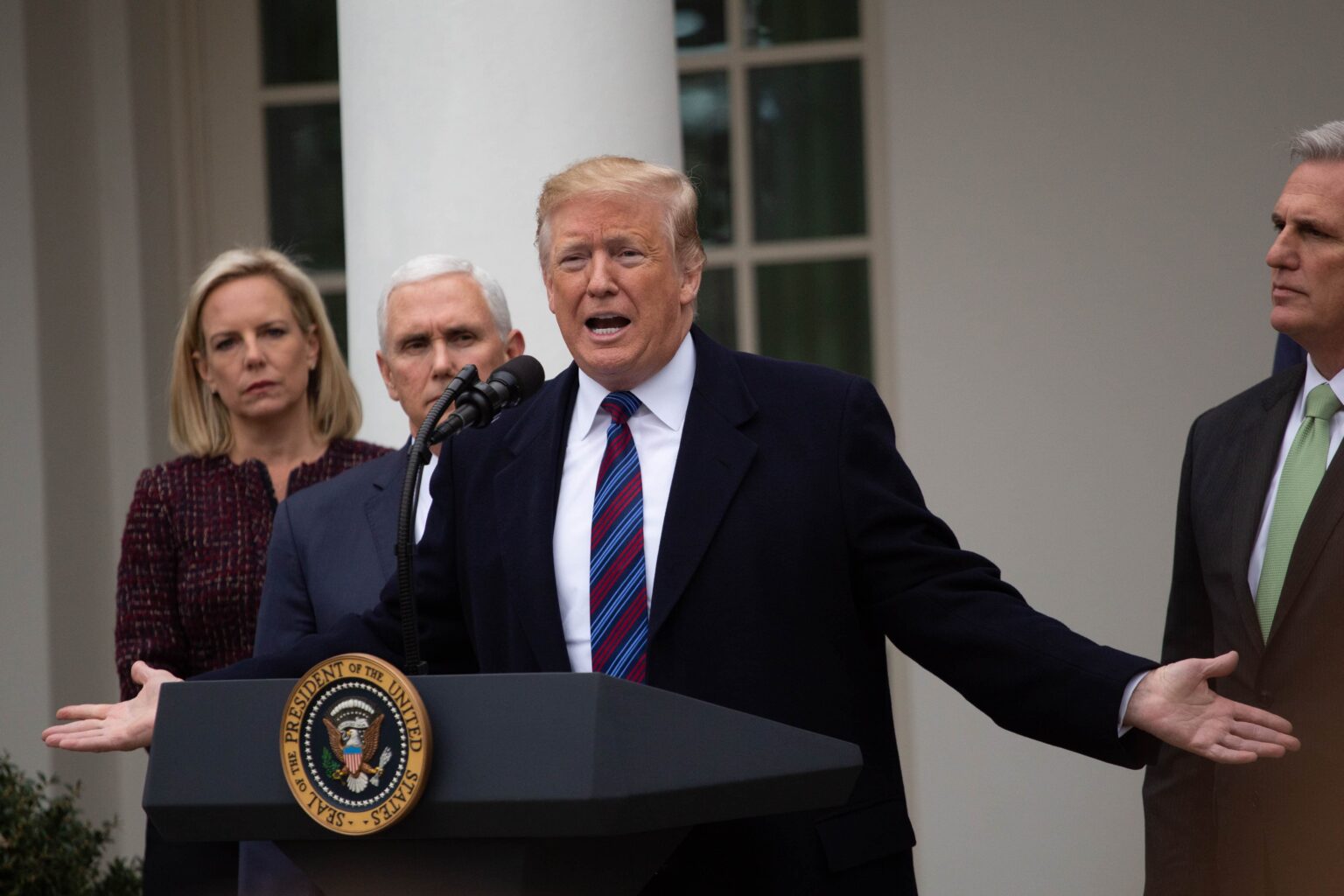During a campaign-style event in Iowa on July 3, former President Donald Trump drew sharp criticism after referring to some bankers as “Shylocks” while promoting his economic agenda. He was highlighting the removal of estate and inheritance taxes in his proposed fiscal policy, describing how families would no longer need to “go to the banks and borrow from, in some cases, a fine banker – and in some cases, Shylocks and bad people.”
The comment quickly ignited backlash for invoking a term widely recognized as an antisemitic stereotype. The word “Shylock” originates from the villainous Jewish moneylender in Shakespeare’s play The Merchant of Venice and has, for centuries, been used to characterize Jews as greedy and exploitative. While Trump did not directly refer to Jews, many critics interpreted the use of the term as invoking dangerous and prejudiced associations.
His remark came just days before the Independence Day weekend and in the midst of renewed scrutiny of Trump’s rhetoric as the 2024 election season approaches. Although Trump emphasized the economic benefits of his policy initiative, the fallout from his word choice quickly became the story dominating headlines.
Jewish Groups and Politicians Condemn the Rhetoric
Prominent Jewish organizations and political leaders condemned Trump’s use of the term. The Anti-Defamation League (ADL) issued a swift response, calling the statement “deeply troubling and irresponsible.” The ADL noted that invoking Shylock was not just a poor choice of words but a recycling of antisemitic tropes that have historically fueled discrimination and violence.
Representative Dan Goldman, a Jewish Democrat from New York, responded forcefully: “Donald Trump knows exactly what he’s doing. This is not just a slip of the tongue, it’s blatant and vile antisemitism.” He added that Trump’s repeated appeals to conspiracy and prejudice undermine American values and public trust.
Amy Spitalnick, CEO of the Jewish Council for Public Affairs, echoed those sentiments. “This is not an accident. It is a continuation of a pattern,” she said. “Every time antisemitic language is normalized, especially by someone seeking power, it increases risk for our community.”
Even Senate Majority Leader Chuck Schumer, who has in the past avoided direct confrontations with Trump over language, joined in the condemnation. “Using the term ‘Shylock’ is plain antisemitism,” Schumer stated, urging political leaders to be more conscious of the history and weight of their words.
Trump Claims Ignorance, Critics Unconvinced
In response to the mounting criticism, Trump attempted to distance himself from the controversy. While aboard Air Force One on July 4, he told reporters: “I’ve never heard it that way. To me, Shylock is somebody that’s a money lender at high rates.” He added, “You view it differently than me.”
The explanation did little to quell the backlash. Observers pointed out that the former president’s long political history is marked by inflammatory statements, particularly around race, ethnicity, and religion. For many critics, Trump’s defense only highlighted what they consider his tendency to excuse offensive remarks rather than acknowledge them.
Notably, Joe Biden used the term “Shylock” back in 2014 while serving as Vice President and apologized shortly afterward, stating he had been unaware of its offensive meaning. Trump has not apologized.
A Pattern of Rhetoric with Consequences
Trump’s history of controversial references to Jewish identity and financial control has been under scrutiny for years. In 2019, he claimed that Jewish Americans who voted for Democrats showed “either a total lack of knowledge or great disloyalty.” In 2021, he said Israeli Jews “used to have absolute power over Congress.”
While his administration took symbolic steps to combat antisemitism, such as issuing executive orders against anti-Jewish discrimination on college campuses, critics argue that Trump’s repeated use of coded language, dog whistles, and direct slurs contradict those efforts.
Analysts note that Trump’s rhetoric, whether intentionally provocative or carelessly inflammatory, tends to mobilize his base while drawing sharp lines between his supporters and opponents. However, remarks like these risk alienating key demographics and raising concerns about the mainstreaming of hate speech in American political discourse.
With the 2024 election cycle intensifying, Trump’s latest comment is being seen not just as a rhetorical misstep, but as a test of how far political language can stretch before consequences follow. The question now is whether his base will overlook the term, or whether the broader electorate will view it as disqualifying.


